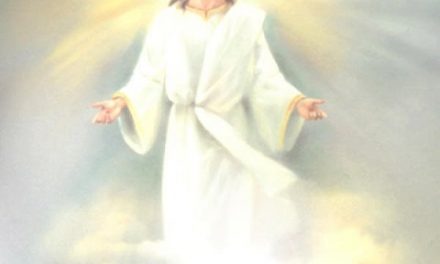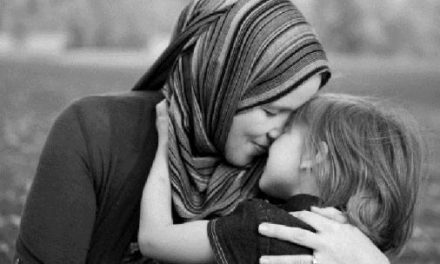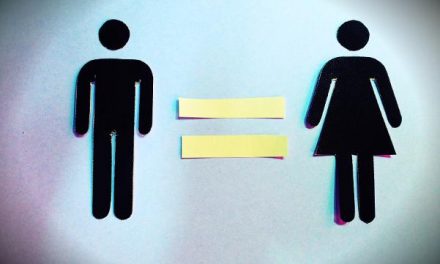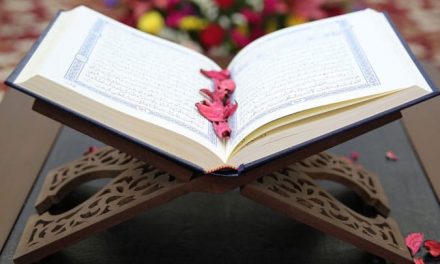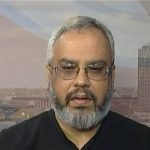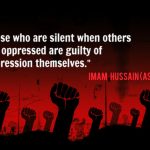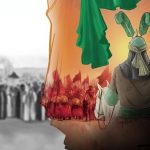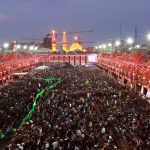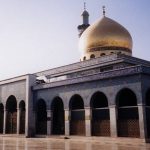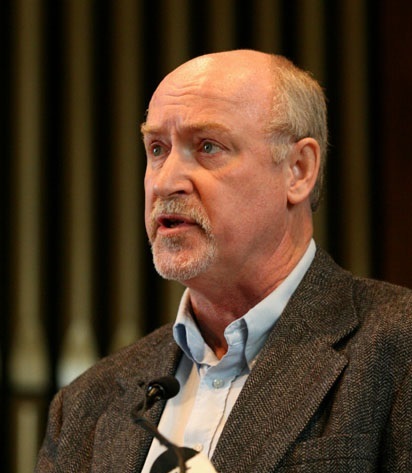
Forty years ago, U.S. President Jimmy Carter and his wife, Rosalynn, were the honored guests at a lavish state dinner in Tehran hosted by Mohammad Reza Shah Pahlavi. In his remarks, Carter offered this observation:
“Iran, because of the great leadership of the Shah, is an island of stability in one of the more troubled areas of the world.”
The date was Dec. 31, 1978. Sixteen days later, the “King of Kings” and “Light of the Aryans” was fleeing the country, leaving U.S. strategy in the Middle East in shambles.
The Iranian Revolution meant many things to many people.
It meant the removal of a hated dictator who had been installed by the United States following the CIA overthrow of the country’s beloved prime minister, Dr. Mohammad Mosaddegh, who had committed the unforgivable crime of nationalizing the country’s own oil.
It meant political independence for Iran, ending a long period of domination by foreign powers.
It meant the emergence of Iran as a leader of followers of Islam in the region and beyond, challenging the primacy of powers that subordinated the needs of their own people to the demands of foreign imperialists.
It meant the end of Iran being used as a lynchpin of U.S. strategy to dominate the oil-rich region.
And it meant Iran and its new leaders earning the undying enmity of Washington and its allies.
Iranians produced the last great popular revolution of the 20th century. It was a broad struggle with many fronts. Oil workers went on strike. Middle-level military officers defied their commanders. Bazaaris supported and participated in protests and demonstrations. Marxist organizations carried out guerilla warfare, suffering many martyrs in the process.
But in the end it was the mobilization of millions of people in the streets that uprooted the political order and drove out the Shah. Masses of unarmed demonstrators defied the Shah’s police. Some dressed in funeral shrouds to show they were not afraid to die. Hundreds were killed and thousands were wounded, but still they came out and demanded justice and freedom.
And it was the role played by Sayyid Ruhollah Musavi Khomeini that proved central to these mobilizations and the developments that followed.
No less a Western authority than the Encyclopedia Britannica states that “ … it was [the Imam’s] outspoken opposition to Iran’s ruler, Mohammad Reza Shah Pahlavi, his denunciations of Western influences, and his uncompromising advocacy of Islamic purity that won him his initial following in Iran.” And it was his bold criticism of the Shah’s humiliating subservience to the Western powers that led to his exile.
From abroad, Imam Khomeini continued his unwavering denunciations of the Shah. When others offered compromises, he steadfastly called for the Shah’s removal. Over time, he became the principal voice of opposition, the leader most trusted by the masses of Iranian people and the only figure who could have united them to push the developing revolution to its final conclusion, which meant political and economic independence from Western powers.
The revolution upended the social, political and economic order within Iran and the geopolitics of the region as a whole. Iran under the Shah, in alliance with Israel, had played the key role in promoting U.S. interests. The American embassy in Tehran lived up to the name given to it by revolutionary students: A nest of spies, monitoring the Soviet Union as well as opponents of the Shah. The role was well-documented by the students who occupied the embassy for 444 days, spending countless hours piecing together shredded secret documents and then making them public in scores of volumes.
The near-pathological hatred of revolutionary Iran by successions of U.S. leaders ratcheted up tensions between the two countries and led them to impose sanctions, conduct military maneuvers and threaten that “all options,” including a nuclear attack, were “on the table.” Over the years the table became very burdened, but Iran did not surrender.
It was left to President Barack Obama, one of the more rational U.S. leaders, to realize that further threats and sanctions were unlikely to force Iran into submission. The only option left was war.
But the U.S. had a problem. It already was at war in Afghanistan, Iraq, Syria, Libya, Somalia and several other countries. With some 700 military bases in 80 countries, its military was already overextended. And a war with Iran would not be like those the U.S. waged against Iraq. A military attack could quickly set off rebellions across the region. And whatever differences may exist among the Iranian people, no serious observer doubts that the overwhelming majority would defend their country against a foreign invader.
This is why President Obama agreed to the 2015 Joint Comprehensive Plan of Action (JCPOA), more commonly known in the West as the Iran Nuclear Deal. Washington knew there was no credible evidence of Tehran pursuing a nuclear weapons program, but it found the charge useful in trying to limit Iran’s growing influence in the region. The nuclear deal offered the U.S. a face-saving way to push the issue of confrontation with Iran back another 15 years.
Then we come to 2018, and the rational imperialist has been replaced by the completely unpredictable imperialist. The U.S. public has been reduced to hoping that three pro-war generals in the White House will exercise a restraining influence on the Enfant-Terrible-in-Chief. As every parent would agree, there’s nothing more dangerous than a cranky, spoiled, two-year-old with access to nuclear weapons.
And yet, despite all obstacles and challenges, we keep moving forward with our collective efforts to build a saner, more just and peaceful world. The Islamic Republic of Iran, its people and its leaders, will continue to stand fast in their independence, forging their own road to peace and prosperity. Those of us in the United States who believe that a better world is possible will continue to try to educate our own people about what the government is doing in our name around the world, and how that contributes to our own problems of poverty, racism and repression here at home.
Hopefully, we will all be successful. It’s a comfort to realize that life has a way of overcoming all odds. And for religious reasons, for humanitarian concerns, for political beliefs, for our common love of what is good and our hatred of what is evil, we will continue to fight the good fight for Justice and for Peace. And we will win.
In this spirit, I extend my sincere congratulations to the people and government of the Islamic Republic of Iran on the 39th anniversary of your historic Revolution.
Phil WIlayto is an antiwar and social justice activist based in Richmond, Virginia, USA. He is editor of The Virginia Defender newspaper; board member of the Campaign Against Sanctions and Military Intervention in Iran (CASMII); and author of several books, including “In Defense of Iran: Notes from a U.S. Peace Delegation’s Journey through the Islamic Republic.” (2008) He can be reached at: DefendersFJE@hotmail.com.

